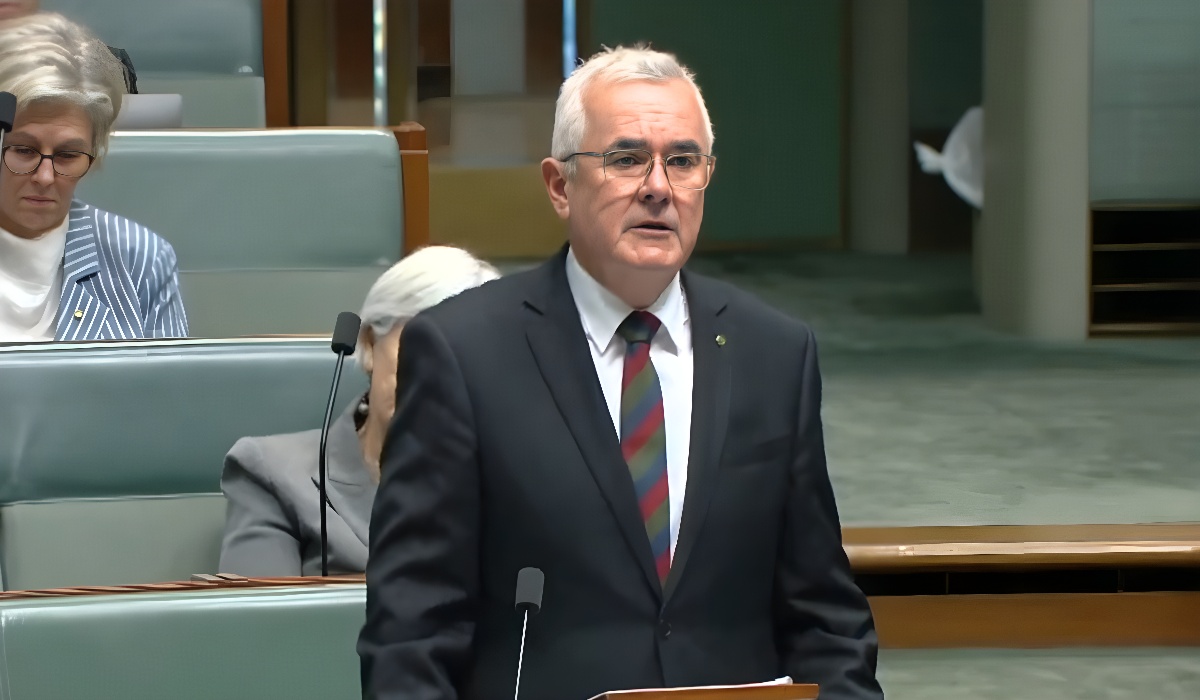Canberra, Australia – In a symbolic but forceful move, the Australian parliament has overwhelmingly voted in favor of a motion urging the UK and US to drop their pursuit of WikiLeaks founder Julian Assange and allow him to return home. The motion, passed 86-42, reflects growing unease over Assange’s prolonged detention and potential extradition to the US, where he faces espionage charges that could result in 175 years in prison.
Assange is an Australian activist, journalist, and publisher best known for founding WikiLeaks, a non-profit organization that publishes news leaks and classified media provided by anonymous sources. Through WikiLeaks, Assange and his collaborators released a trove of sensitive documents in 2010, revealing war crimes, diplomatic cables, and government surveillance programs from the US and other countries. These leaks sparked global conversations about transparency, accountability, and press freedom, while also drawing intense criticism and legal challenges.
Since the leaks, Assange has been embroiled in a legal and diplomatic quagmire. He spent seven years seeking asylum in the Ecuadorian embassy in London before being arrested in 2019. Since then, he has been incarcerated in Belmarsh Prison, a high-security facility in London, awaiting his fate. His extradition to the US has been approved by UK courts, with a final appeal currently underway.
Many in Australia, including the parliamentarians who voted for the motion, view Assange as a journalist unfairly targeted for exposing government wrongdoing. They argue that his prosecution sets a dangerous precedent for press freedom and that he has already suffered enough detention. Additionally, some see his case as politically motivated, particularly due to US displeasure with the leaked materials.
While the Australian parliament’s vote carries symbolic weight, it holds no legal power over the UK or US legal systems. Assange’s fate ultimately rests with the UK High Court, which will hear his final appeal next week. If unsuccessful, he could be extradited to the US within days. The Australian government has offered consular assistance to Assange but cannot directly intervene in the legal process.
The parliament’s vote highlights the international controversy surrounding Assange’s case. Supporters worldwide urge for his release, while others maintain he should face trial for his actions. Regardless of the outcome, the Assange saga raises crucial questions about the boundaries of press freedom, government accountability, and the potential consequences of whistleblowing in the digital age.









